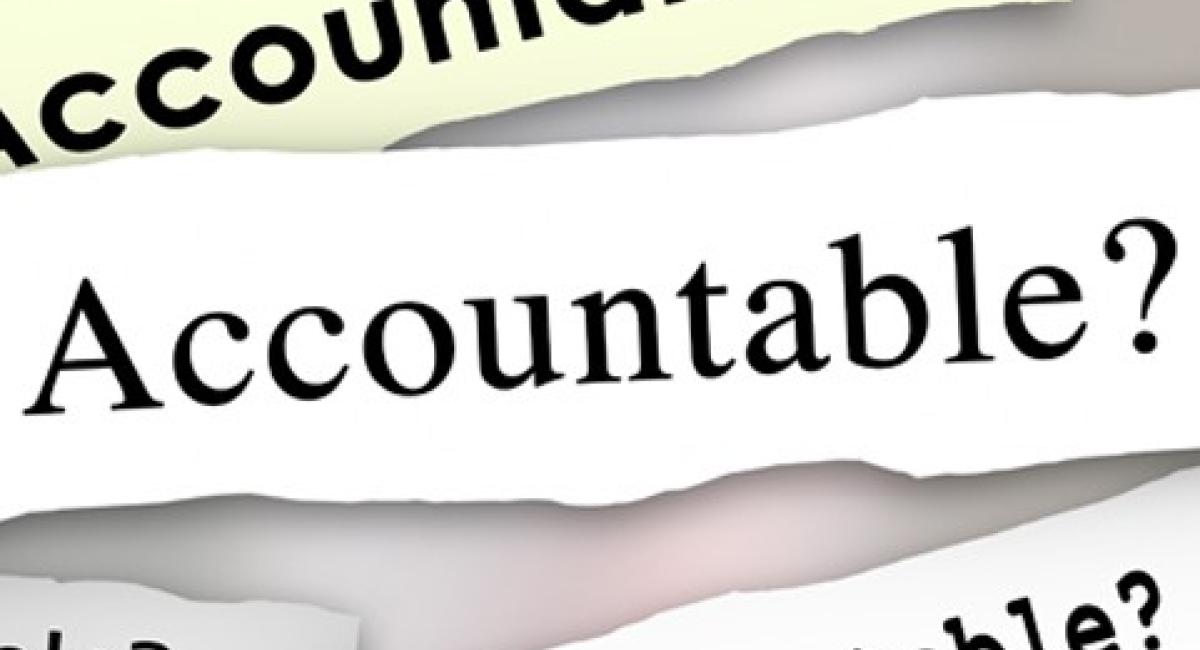“Be okay with being uncomfortable.” This is a quote that I read every day to remind myself that there may be days when I feel that I am not qualified enough to accomplish my goals. In my younger days, I was never afraid to experience things for the first time that were out of my comfort zone. Through life’s experiences, I saw self-doubt and imposter fears encroach on my fearlessness, and I had to develop strategies to work through these emotions.
Do Time Management Skills Exist? Yes!
We often wonder to ourselves, “Where has the time gone?” or find ourselves wishing that there were more hours in the day. As we continue to ponder that question or wait for that wish to come true, let’s consider our perspective on time!
Fulfillment and Flow through MarioKart
While the past two years mark a time of profound loss, they also mark a time of extraordinary social transformation, particularly in the virtual realms. After the initial shock and grief that the world felt in lockdown, we collectively experienced the widespread rekindling of old hobbies, mass Twitter activism, many failed attempts to make Dalgona coffee, and a near-universal feeling of meh.
Don’t Think You Have Any Networking Contacts? Here’s How to Find Some.
For some people “networking” is an intimidating word. They say, “I don’t have any contacts and networking sounds scary.” If you start by thinking about what careers you want to learn about and who you can reach out to who is working in those career areas, the process may feel less intimidating. Calling these interactions informational interviewing can take some of the stress out of learning about career options and developing new contacts.
To PI or Not to PI---that is the question
As a postdoc, I wrestled with the decision not to become a faculty member running a large research group (Principal Investigator, or PI). Truth be told, I had never wanted to be a PI. As an undergrad I saw the job my PI had at a large state school, and it did not entice me. That said, I did think academics might be the way for me, so I went to grad school with a goal to be a faculty member at a small college. My grad school and postdoc experiences revealed: PI-land was not my cup of tea—and in fact, maybe even a faculty position at a small school was not the right choice. I remember making a list of pros and cons to clarify my decision to do something else.
Your Identity Matters: Living Your True Self: “Puedes dejar la isla pero la isla nunca te deja a ti”
Guest Blogger: Natasha Lugo-Escobar, PhD: Director, NIH Academy Enrichment Program (NAEP), OITE
Part of the "Voices of OITE"
Voices of OITE
Starting next week and going over the next few months, you will be hearing new voices and perspectives from the OITE Career Blog. Staff from OITE will be writing and sharing their own experiences with you in a series we are calling “Voices of OITE”.
We look forward to sharing these personal and professional insights as a chance for you to learn a bit more about us. We hope you enjoy this series!
Sunk Cost Fallacy – How It Affects Career Decision-Making
The sunk cost fallacy describes our tendency to follow through on an endeavor if we have already invested time, effort, or money into it, whether or not the current costs outweigh the benefits. In economic terms, sunk costs are costs we’ve already incurred which cannot be recovered. The sunk cost fallacy can be seen in big life decisions (staying in an expensive graduate program because we are already paid for the first year) as well as small day-to-day decisions (continuing to watch a movie to the end even if it is boring and unenjoyable).
Giving Feedback When Inappropriate Behavior Occurs
For those of you who are trainees at the NIH, the OD Anti-Harassment Blog is a great resource to check out. One post in particular “How to Give Feedback When Inappropriate Behavior Occurs” is well worth a full read, although we try to summarize the main points below:




